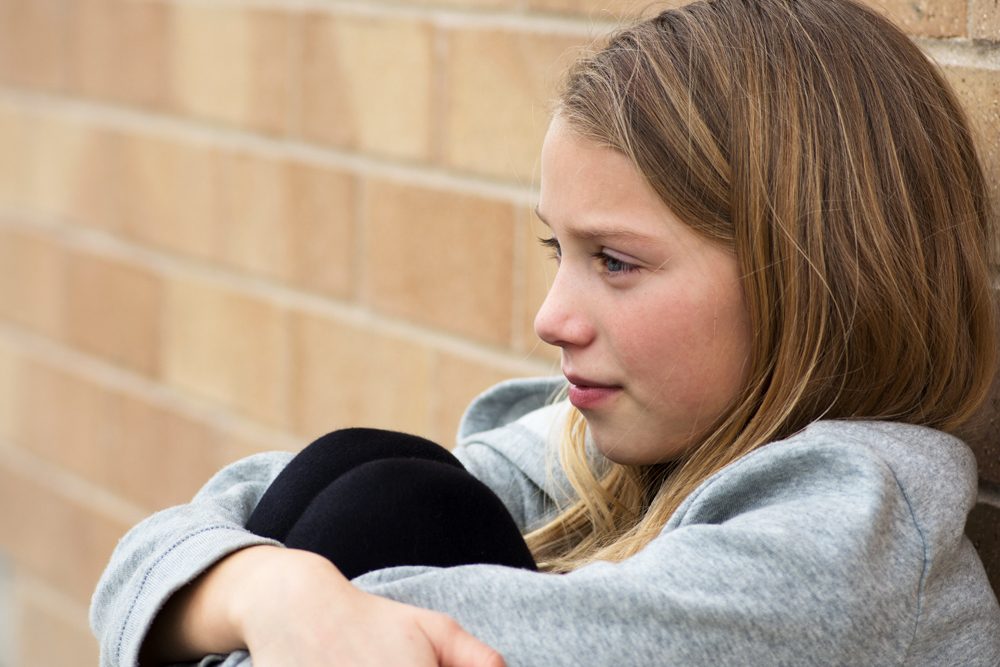Baltimore Child & Adolescent Response System (BCARS)
The Baltimore City Child and Adolescent Response System (BCARS) provides comprehensive community-based services for children in mental health crisis. BCARS provides brief and intensive community-based services for children in psychiatric crisis to divert or shorten in-patient hospitalization and to link clients to community providers that will serve them for ongoing care.
Baltimore Child and Adolescent Response System (BCARS)
1118 Light Street, Suite 200
Baltimore, MD 21230
To contact us, ask a question, request brochures or request a speaker, email us at bcars@cc-md.org or call at 667-600-2880.
To access service (Hotline): 410-433-5175.
If you are a Foster Parent or Kinship Foster Parent seeking B-CARS services:
• Non-emergency response: Ask your DSS Caseworker to make a referral (includes next day face-to-face response)
• Emergency response: Call 410-361-2235 (DSS/CPS Screening and Extended hours) and ask for an Urgent BCARS Referral (when you want a face-to-face response in less than 2 hours)
Our services include:
• Emergency Department Diversion
• Community-based crisis services
• Hotline: 24 hours a day, 7 days a week
• Urgent Care Clinic
• Short-term intensive individual/family therapy
• Psychiatric rehabilitation services
• Psychiatric assessment and medication management
• Crisis response to Baltimore City Public Schools
B-CARS works in partnership with the Baltimore City Department of Social Services (BCDSS) to provide supportive stabilization and crisis intervention services for children in traditional, kinship or treatment foster care. The same of array of services are offered to foster families and services are accessed by referral from a DSS caseworker and/or a family can request services themselves.
Traditional BCARS Program
In the case of the traditional BCARS program, the goals of treatment are to avoid an inpatient hospitalization, stabilize the crisis and link children and families to services that will help them long term. The goals of the DSS Stabilization partnership include the above as well as the goal of providing assistance to avoid any placement disruptions.
BCARS/BCDSS Stabilization Partnership
Since 2009, BCARS and the Baltimore City Department of Social Services have partnered so that children experiencing difficulties in their foster care placement can receive quick supports and counseling geared toward stabilizing their placements, so that disruptions do not occur.
Program services are similar to our traditional BCARS response but have some important differences:
• Urgent 24/7 response is possible, with expected response time under 2 hours
• Services are individualized and can include phone referral or direct face-to-face supports anywhere from 1-42 days.
Access to Services
| Source of Referral | Eligibility Criteria | Contact Information |
|---|---|---|
| • Biological Parent • School • Pediatrician • Any concerned person |
• Child is under 18 and living with a parent or guardian • Baltimore City Resident • Experiencing a self-described mental health crisis • Has Medicaid Insurance or is Uninsured • Eligible for traditional BCARS |
24 hour Hotline: 410-752-2272 |
| • Kinship • Parent/Guardian • Foster Parent • Foster Care • Caseworker • Therapeutic Foster Care • Caseworker |
• Child is in kinship, traditional or treatment foster care • Stabilization and support is needed to prevent a placement disruption or help a child assimilate to a new placement • Child needs mental health crisis intervention • Eligible for BCARS DSS Stabilization |
Foster Parents: Contact your caseworker and ask that a referral be made. If urgent assistance is needed, call the Screening Unit at 410-361-2235 and ask that an immediate BCARS referral be made. Caseworkers: Use the forms located on the DSS intranet or this website. If urgent response is needed, call the BCARS supervisor on call at 410-440-1089. |
Baltimore Child & Adolescent Response System (BCARS) in the News, Stories & Testimonials
Three extraordinary stories of service
In gratitude for more than 45 years of combined exemplary and humble service to neighbors in need, Catholic Charities will recognize three exemplary area servants the week of November 8. Mary Anne O'Donnell will receive [...]
Is telehealth here to stay?
Three months into the quarantine prompted by COVID-19, Behavioral Health Administrator Karen Haughey asked her team to think about how a sudden pivot to providing counseling and other behavioral health services online and over [...]
Advocacy helps avert cuts to projected state funding
Clients and patients who use Medicaid to pay for their care, and the professionals who care for them, will not be impacted now that the threat of a cut to projected reimbursement rates has been [...]




